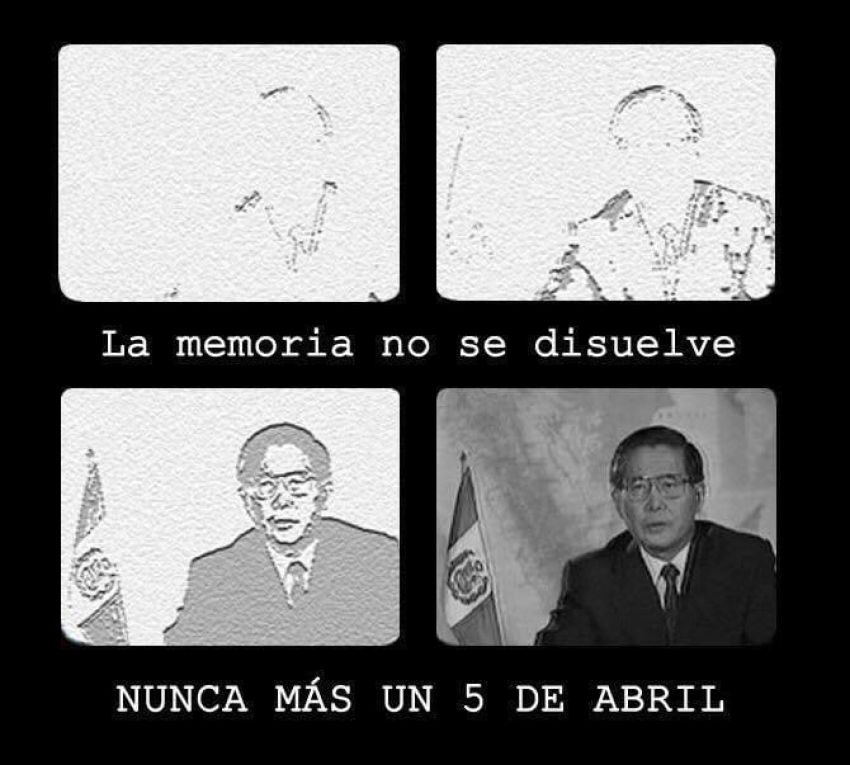
Peru’s Constitutional Court reinstated a 2017 pardon granted to imprisoned former president Alberto Fujimori, on March 17.
Fujimori has served half of his 25-year sentence for crimes against humanity under international law, including kidnappings, torture, extrajudicial executions and enforced disappearances.
His presidential term from 1990–2000 was mired in rampant corruption and acts of violence against those opposed to the government. April 5 marked 30 years since Fujimori suspended the constitution, dissolved congress, reorganised the judiciary and sent tanks into the streets of Peru.
Fujimori oversaw a government program which forcibly sterilised more than 2000 Indigenous people, mostly women.
He was tried in 2009 for his role in the Barrios Altos massacre — where he ordered the murder of 15 people, including a child — and the La Cantuta massacre — where he ordered the torture and murder of 10 people.
Later that year, he was found guilty of corruption, including embezzlement and phone-tapping journalists and opposition politicians.
Thousands of protesters took to the streets in major cities following the announcement of the pardon, against the decision, injustice and corruption in the judicial system.
Protesters carried banners that said “Indulto es insulto” (“Pardon is insult”) and “El Pueblo no se olvida” (“The people do not forget”).
Americas Director of Amnesty International Erika Guevara-Rosas condemned the decision in a tweet and said it “turns its back on thousands of victims and their families, and seriously violates their rights to truth, justice and reparation”.
A group statement from members of the United Nations Human Rights Council also criticised the decision: “Victims of human rights violations waited for a long time for justice, and this decision represents a hurtful setback for them.
“The Constitutional Court’s decision to release Mr Fujimori and to restore a presidential pardon that had been granted to him in 2017 appears to be inconsistent with international human rights standards which restrict the use of pardon in cases involving crimes against humanity.”
The judges responsible for reinstating the pardon — Ernesto Blume Fortini, Augusto Ferrero and José Luis Sardón — all have links to the Fujimori family.
Blume was in charge of the tribunal that approved the release of Keiko Fujimori — Alberto Fujimori’s daughter and failed presidential candidate in the most the recent election — despite her facing multiple corruption charges.
Fujimori was due to be released from prison on March 24. However, the Inter-American Court of Human Rights ruled on March 30 that the Peruvian government should delay the release of Fujimori in order to “guarantee the right of access to justice for the victims of the Barrios Altos and La Cantuta cases”.
At the time of writing, he remains in prison in Lima.